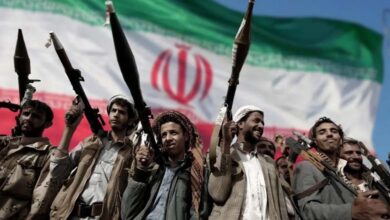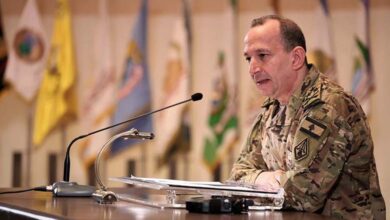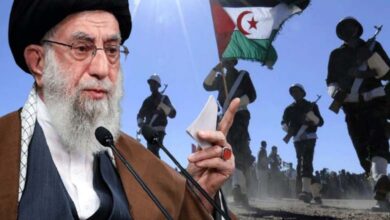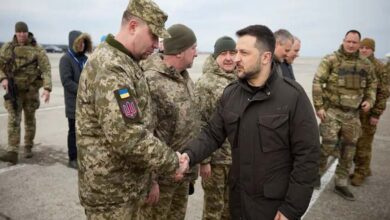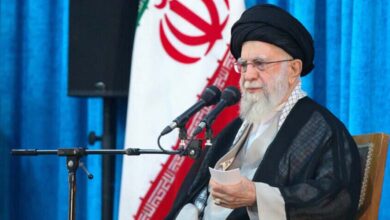Turkish Presidency sends memorandum to Parliament extend the tasks of the Turkish forces in Libya

Turkish President Recep Tayyip Erdogan sent a motion to the Turkish parliament on Monday calling for an 18-month extension of his country’s troop deployment in Libya.
As with a previously approved presidential proposal, the number of troops to be deployed, when, and where is left to Erdogan’s discretion.
The latest presidential proposal, like previous ones in 2020 and 2021, considers that the LNA has no place in the Libyan political agreement and is illegitimate at the national and international levels.
It was also noted in the proposal that Turkey continues to provide training and consultations within the scope of the Memorandum of Understanding between Turkey and Libya on comprehensive security and military cooperation signed in 2019.
The proposal suggests that it is not yet possible to achieve a permanent ceasefire in Libya or to end the political dialog process.
Erdogan stressed that risks and threats to the entire region, including Turkey, remained in Libya and claimed that if attacks against the government resumed, Turkey’s interests in both the Mediterranean and North Africa would be adversely affected.
In the final paragraph, the Turkish President requested the approval of Parliament to send Turkish troops to foreign countries to carry out operations and interventions in order to effectively protect Turkey’s interests and to help pursue a dynamic policy to avoid facing an unsustainable situation, adding that the scope of operations, number of troops and time deployed would be determined by him.
Human rights activists argue that using the word state instead of Libya as a country to which troops would be sent allows Erdogan to send troops to any destination he deems necessary, based on protecting Turkey’s interests.
For example, Erdogan may take action against another state within the scope of the new proposal, claiming that there is a violation in the Eastern Mediterranean with regard to the implementation of the 2019 Turkish-Libyan maritime demarcation agreement, which is not recognized by any Mediterranean state.
Erdogan said last week that Greece had militarized some islands in the Aegean Sea contrary to international agreements, saying that Turkey could intervene and that he was not joking.
Political observers believe that before next year’s presidential election, Erdogan wants to score some imaginary victories and rebuild shattered popularity – and that the cross-border military operation against the Kurds in Syria was on the agenda last month.
There is no obstacle to the adoption of the bill, which is expected to be on the parliament’s agenda soon, as Erdogan’s ruling party and its far-right partner, the Nationalist Movement Party, enjoy a majority in the legislature.
The main opposition Republican People’s Party had previously voted against the proposal, arguing that a UN peacekeeping force should be deployed in Libya and that Turkey should participate in such a force.
The right-wing al-Saleh Party, which is opposed to it because it is part of an Arab civil war, will not benefit Turkey.
Turkey’s support in Libya has been generous – it has not only sent arms, ammunition, and drones, but also sent Syrian mercenaries to fight against the LNA.
It is no secret that in addition to supporting Libya’s Government of National Accord, which is ideologically close to Erdogan, the Turkish president is also keen on Libya’s wealth, as he has repeatedly said that Libya’s oil and gas resources are important factors in Turkey’s interest.
Erdogan’s government has been criticized by international and regional organizations for systematic and flagrant violations of the UN arms embargo on Libya.


